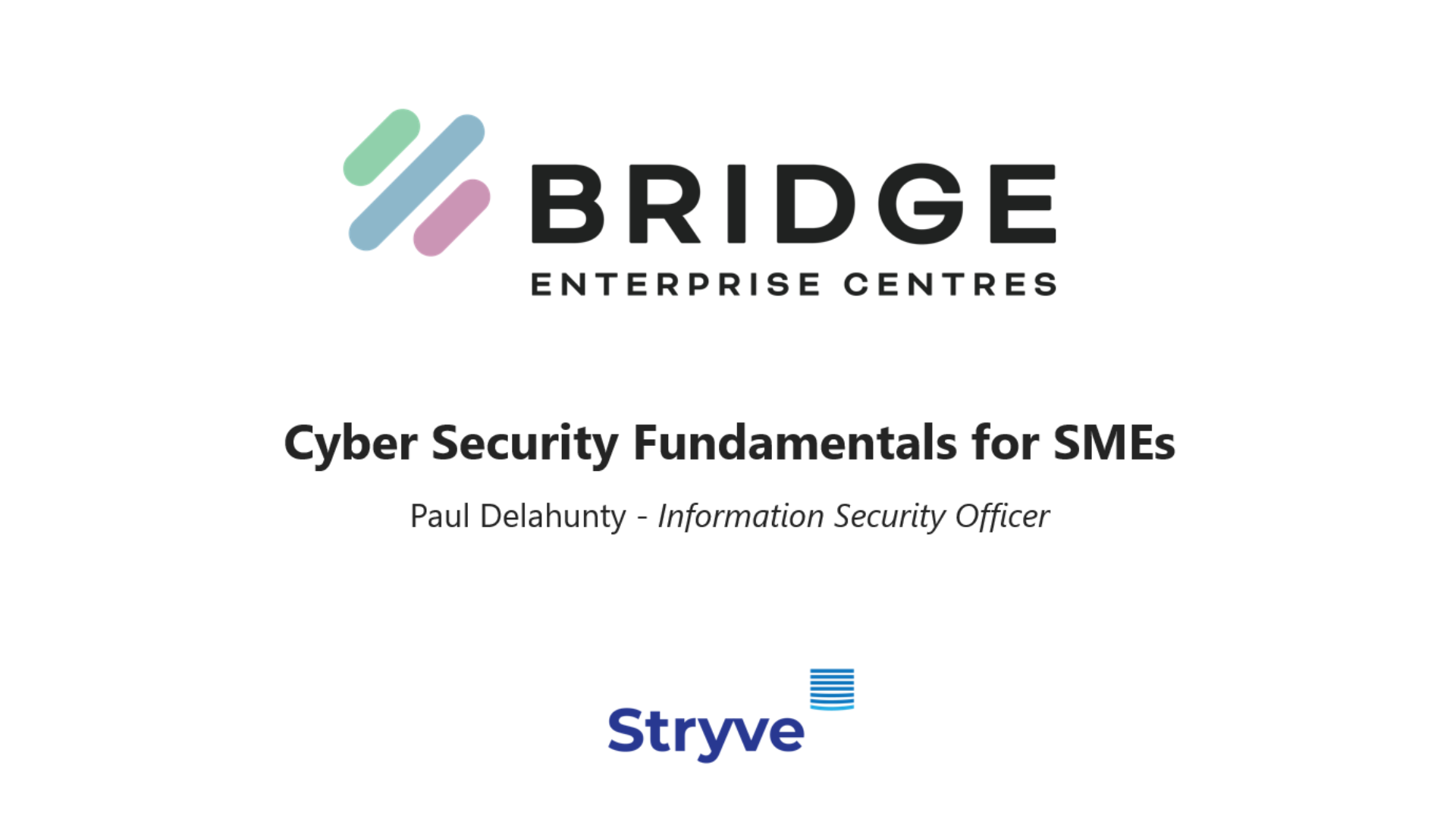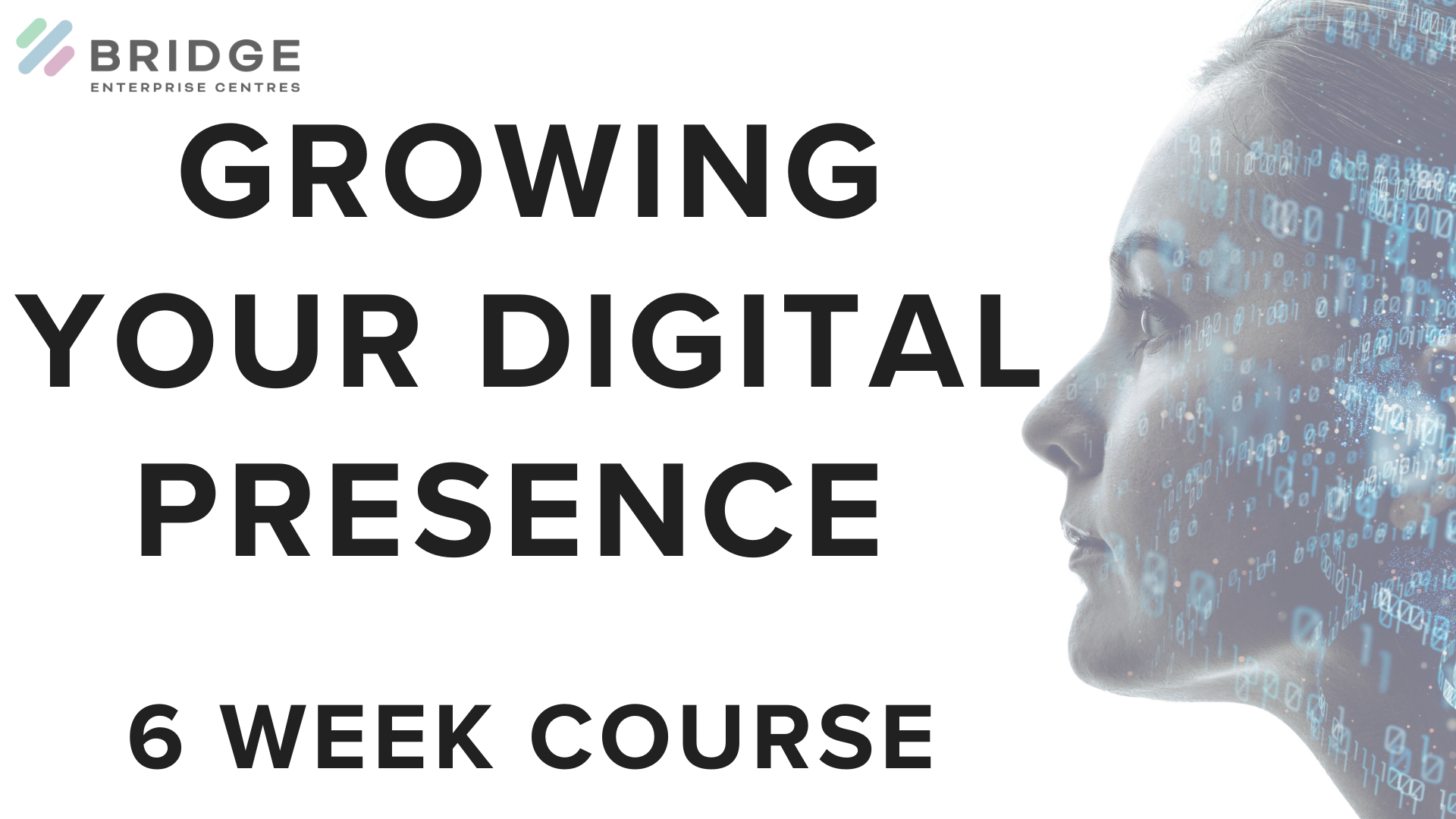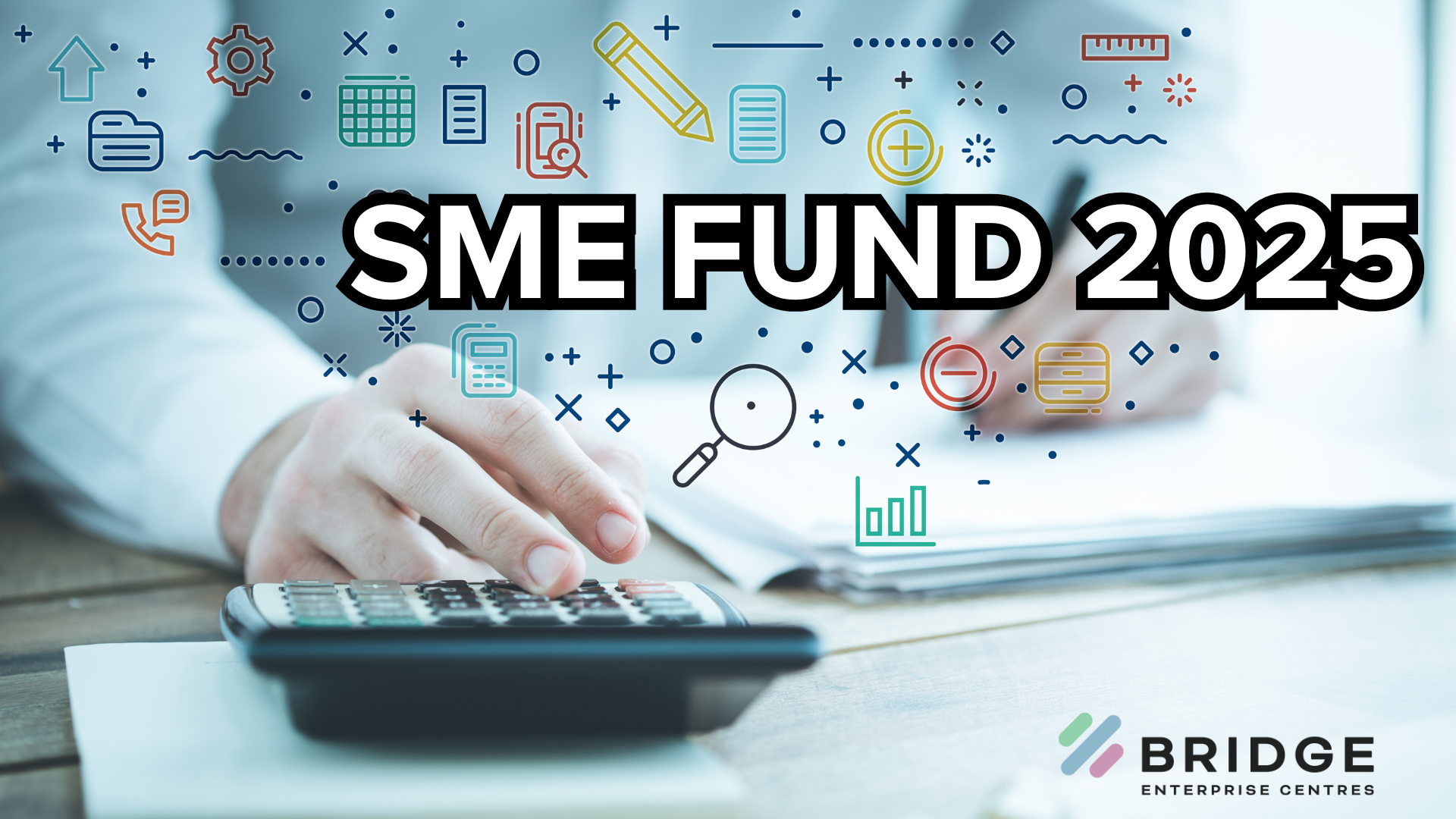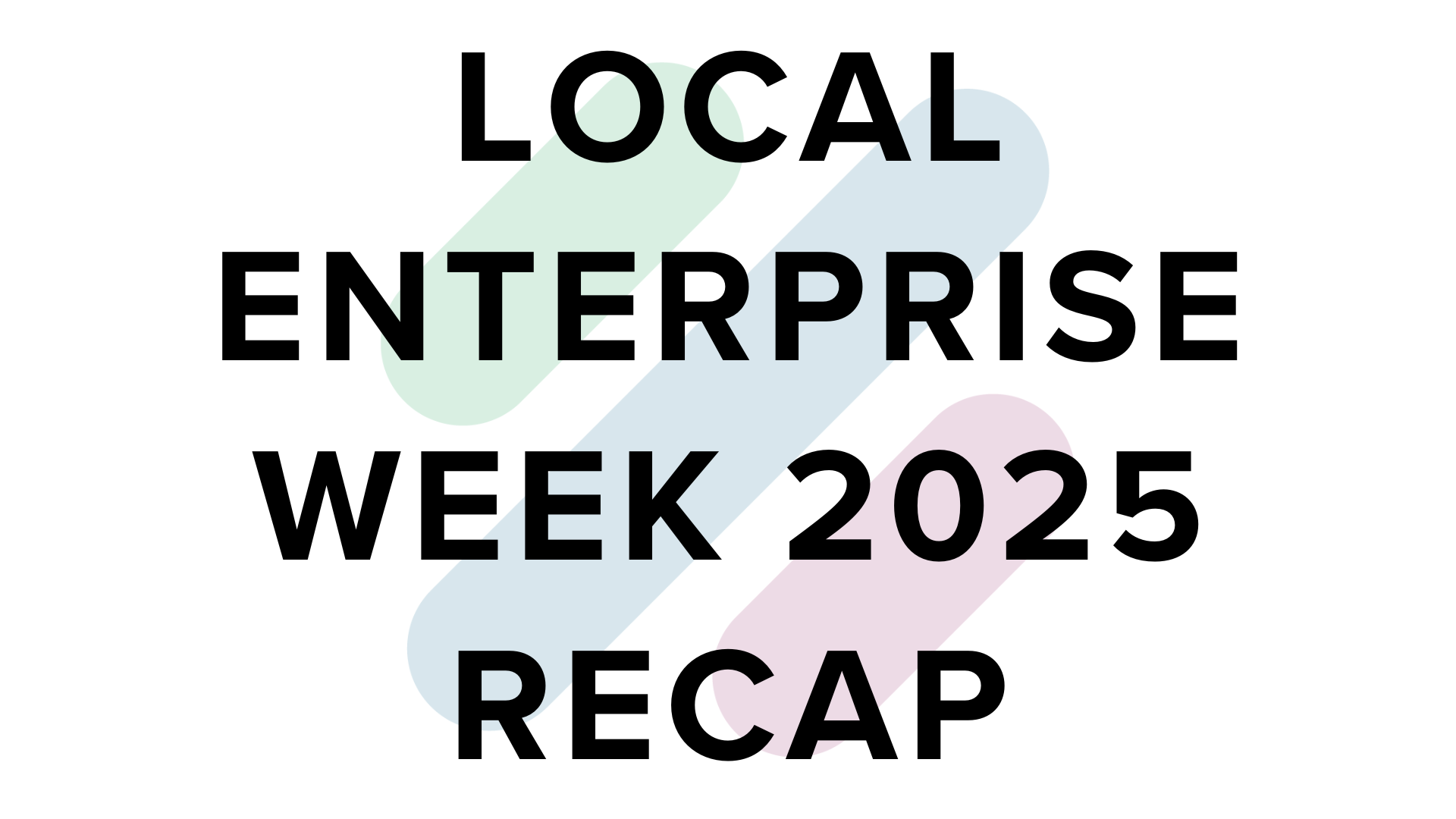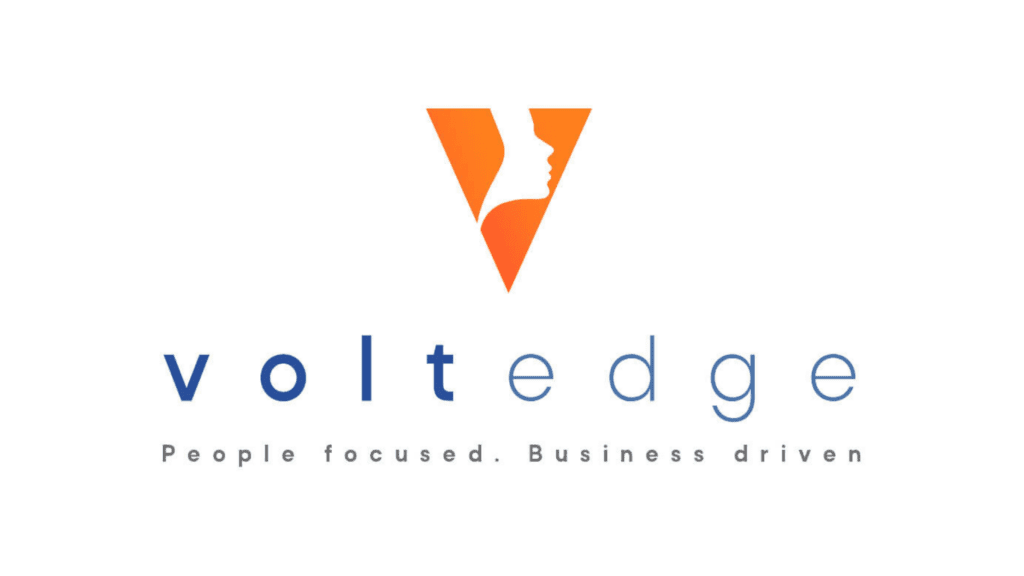
As 2025 approaches, businesses are preparing to map out their strategic plans and budgets for the upcoming year. An integral part of this planning is having a clear talent and skills strategy, ensuring that employees are equipped to meet the demands of a constantly evolving business environment.
Why Staff Retention Matters Now More Than Ever
In today’s full-employment market in Ireland, staff retention has become more crucial than ever for organisations. The cost and time involved in replacing skilled team members can significantly impact business operations and morale. Creating an engaging work environment that nurtures talent isn’t just good practice—it’s essential for sustainable growth.
When companies prioritise employee development, they not only reduce turnover and recruitment costs but also cultivate a loyal, skilled team that drives business success. The result? A more stable, productive workforce and a stronger bottom line. In this competitive landscape, organisations that invest in their people today will reap the rewards tomorrow.
Why a Talent and Skills Strategy is Essential
In 2025, it will be more important than ever to align your skills strategy with your broader business objectives. This means understanding the skills you need, the gaps that exist within your current workforce, and how to address these through recruitment, development, or reskilling.
As roles continue to evolve, especially with technological advancements, organisations need to be proactive in identifying the key skills that will keep them competitive.
The 70-20-10 Framework
One of the most effective ways to ensure that your team is ready for 2025 is to have a structured development plan in place for every employee. This involves setting clear goals, identifying areas for growth, and providing the right training and development opportunities.
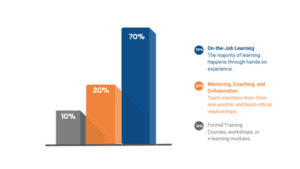
The 70-20-10 Framework is an excellent model to guide this process:
- 70% On-the-Job Learning: The majority of learning happens through hands-on experience, so make sure employees have opportunities to apply new skills in real-world scenarios.
- 20% Social Learning: This includes mentoring, coaching, and collaboration, helping team members learn from one another and build critical relationships.
- 10% Formal Training: Invest in targeted courses, workshops, or e-learning modules to address specific skill gaps.
By following this framework, you can ensure that your employees are constantly learning and growing, both through formal education and real-world practice.
Integrating Diversity and Inclusion into Your Strategy
In 2025, businesses that prioritise D&I will be better positioned to attract a wide range of talent, including individuals with unique skills and experiences that can drive innovation.
For example, ensuring that learning and development programmes are accessible to all employees, offering mentorship schemes, and creating safe spaces for discussion can help foster a more inclusive environment.
– Voltedge Management Nov’24.

